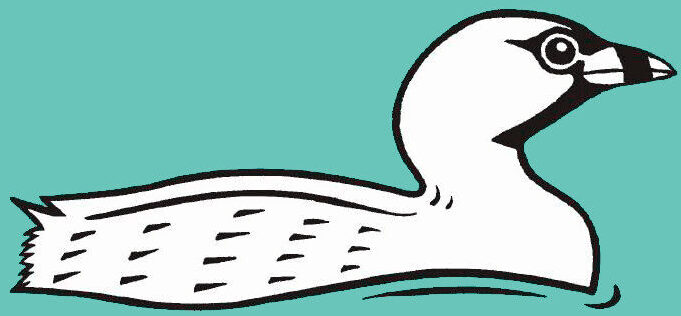A Covid-compliant group of six met at the Ashley Walk car park for a six hour walk in uninterrupted sunshine. The terrain was a pleasing mixture of lowland heath, scrub and woodland and everywhere was dry underfoot after a month with little rain. A stiff breeze inhibited the showing of birds and butterflies. Among our multiple sightings were Common Redstarts, Stonechats, Chiffchaffs, Willow Warblers, Mistle Thrushes, Greenfinches and Buzzards. There were good single sightings of Marsh Harrier, Kestrel, Tree Creeper, Nuthatch and Raven. With several species – Siskin, Bullfinch, Goldcrest, Marsh Tit and Stock Dove – we had to content ourselves with audio-only identification, courtesy of the sharper ears among us. Mid-morning brought the joy of a Cuckoo calling, the first of the year for all of us. We would hear it again throughout the day, with two birds calling from opposite directions at one point. One of our target species, the Dartford Warbler, proved very obliging on three separate occasions despite no effort at all on our part. One male even kindly demonstrated his song flight. Despite being a UK resident, Dartfords are still only one tenth as common in summer (1,700 breeding pairs, RSPB) as the migrant Cuckoo, even though the latter has greatly declined in numbers. Another target, the Wood Lark, was not in evidence. In scanning for ground movement on forest lawns, wind-blown dead leaves were a distraction. One brief glimmer of hope turned out to be three ground-feeding female Chaffinches. Humble LBJs can play tricks when you have hopes and expectations of something more exotic! The youngest member of our group initiated a game of Spot the Song Thrush, which was well hidden in a holly tree right in front of us. It was fully eight minutes later by the time the bird was finally seen by all, to a cheer of “Hallelujah!” Friendly banter and the sharing of hard-won knowledge is all part of a good birding trip. Thanks to Jane for leading and for being an inspiration. Our final species count was a modest 34 birds, plus Roe Deer, Common Lizard and lots of wild ponies! Trevor Hill
